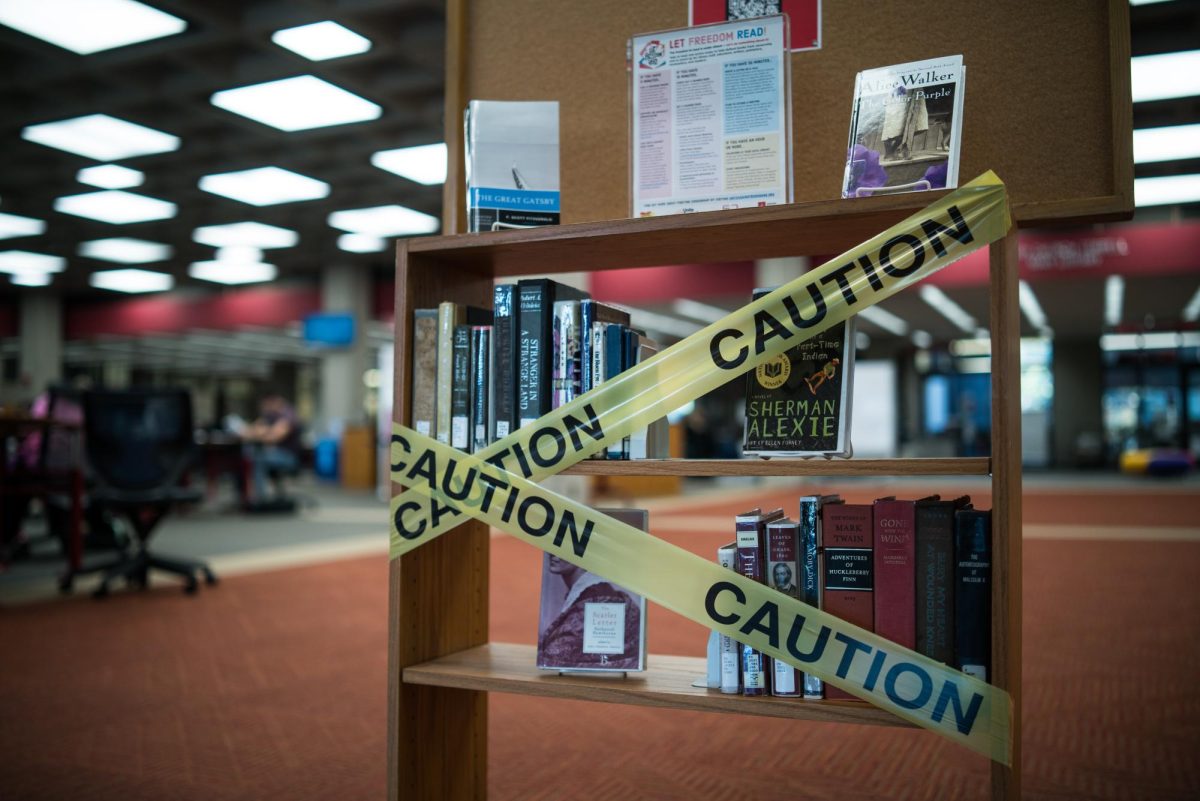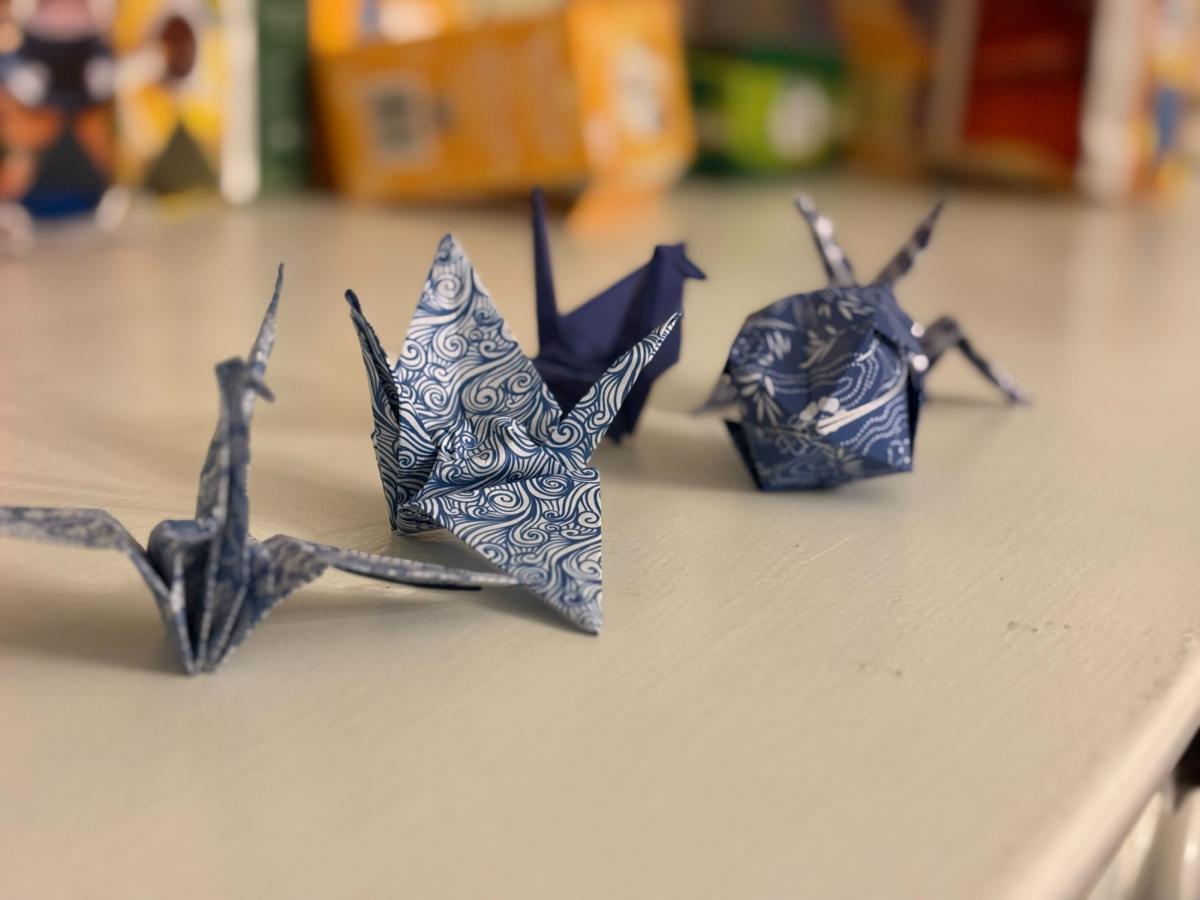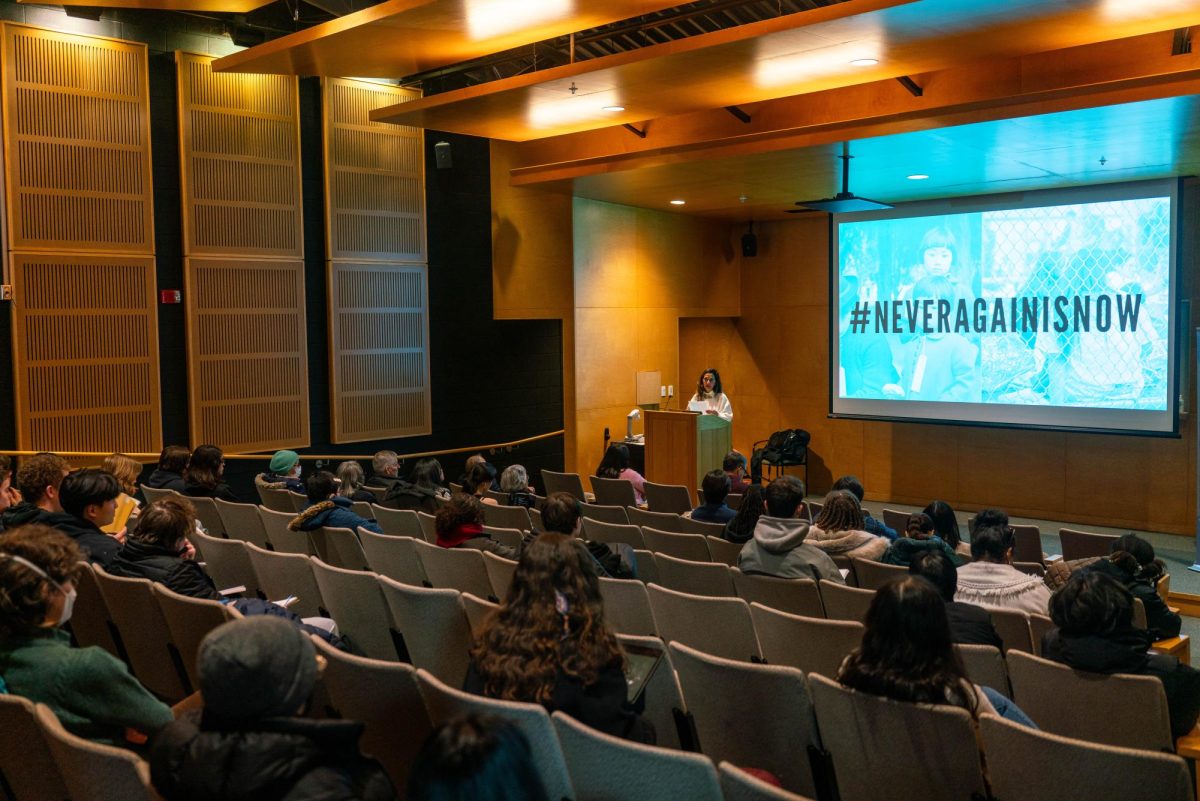Let Freedom Read Day takes place this Saturday and marks the culmination of Banned Books Week, which was celebrated by countless libraries and schools around the country. Julie Weir, reference & academic commons assistant at Mary Church Terrell Main Library, explained why Banned Books Week is relevant and necessary.
“I think it’s important because it brings to light the idea that banning books is current,’’ Weir said.
The 13 most challenged books this year, which include Gender Queer by Maia Kobabe, Looking for Alaska by John Green, and The Perks of Being a Wallflower by Stephen Chbosky, have many common themes.
“This year, if you look at the books that were banned, it’s mostly over sex, sexual identity and homosexuality,” Weir said.
Despite bans, many of these books have worked their way into the hearts of students. Students have a wide range of favorite banned books and are impassioned about why continuing to read banned books is important.
“One of my favorite banned books is Of Mice and Men [by John Steinbeck],” College first-year Olivia Pickens said. “It is such an impactful story and it has incredible themes that challenged concepts of that time, such as the impossibility of the American dream and how humans are often predatory. People should still be reading banned books because many of them carry impactful themes, have weight as a profound novel, and challenge ideals of the time they were written in. It is important to be exposed to sensitive content because these types of books often shift our view the most.”
Other favorites mentioned by students include 1984 by George Orwell, Invisible Man by Ralph Ellison, Ace of Spades by Faridah Àbíké-Íyímídé, and The Color Purple by Alice Walker.
College first-year Camille Coker believes that books are banned only in an attempt to censor media in order to promote biased rhetorics.
“Banning books is done out of fear of knowledge, whether that be knowledge of political, religious, racial, sexual, or other ideas that a group doesn’t believe should be accessible, typically to children,” Coker said. “The problem with book bans is that [it’s] a form of censorship, not out of a desire for public safety but with the goal of eliminating opposing opinions, which prevents open and honest discourse with varied perspectives.”
Others agreed with that sentiment.
“It’s important to read banned books to understand whose voices are getting silenced and the ideas those in power are afraid of,” College first-year Frances Freais said.
This year, for Oberlin’s effort to highlight Banned Books Week, Weir created the display on the first floor of Mudd Center. The display is based on real scenes from Florida school libraries.
“We decided to put books on a bookcase and put caution tape over it,” Weir said. “That idea came because when we were looking up information about what was going on this year, there were several pictures from the state of Florida where that was the case. Lots of school libraries had books [that] had to be reviewed before they could be used.”
This year has been a record in recent history for the number of titles challenged, particularly because since 2020, 90 percent of book banning attempts have targeted multiple books at once, and 40 percent have targeted over 100 titles at once. This is an issue particularly in local libraries and schools, proving that banning books is still a current issue that threatens freedom of speech.
“Any kind of banning takes away choices from everyone,” Weir said. “So you may see a book that you want to ban or don’t want to read. And if you’re successful in banning it, that takes away a choice from somebody else. But I might also have a book that I’d really like nobody to read. And if I do the same thing, it might be the book you want to read. So in other words, banning books takes away choice. We should all have the right to choose what we want to read.”
Though large-scale issues such as book banning can often leave one feeling hopeless, there are concrete ways to take action.
“It’s very important to pay attention to what’s happening in your local community, because censorship usually is happening at the school level, or your local library.” Weir said. “And if there [are] people active and trying to ban books, [you should] attend public meetings, write letters, et cetera.”












